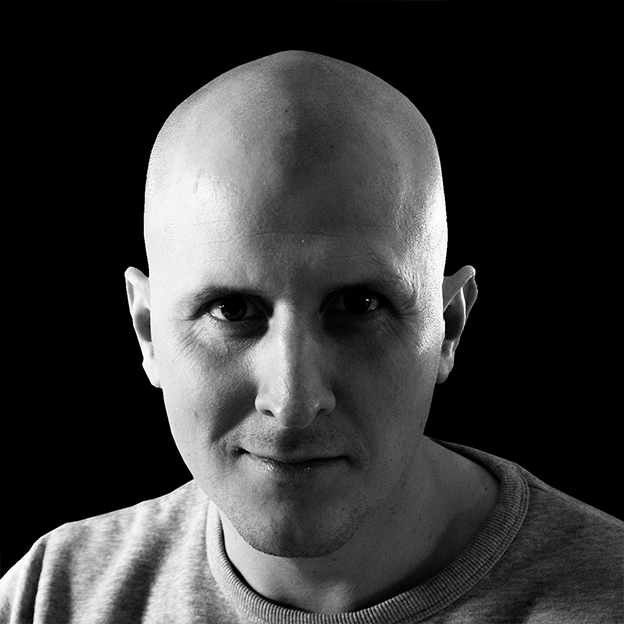The million dollar interview question

“Tell me one negative aspect about yourself” 🤔”I’m too perfectionist”
Do NOT Say This in an Interview!
This is an article of a series of short articles on how to ace Frontend tech interviews Stay up to date here: Frontend interviews
Navigating the treacherous waters of job interviews can be daunting, especially when the inevitable question pops up: “Tell me one negative aspect about yourself.” It’s a moment that can make or break your interview, and there’s one response that many think is a safe harbor, but in reality, it’s anything but. Responding with “I’m too perfectionist” might seem like showcasing a masked virtue, but it’s a red flag for potential employers. Let’s break down why this answer is far from perfect and what it truly signals.
The Dark Side of Perfectionism
At first glance, being a perfectionist might appear as a commendable trait, suggesting dedication and a high standard of work. However, the implications of excessive perfectionism in a professional environment can be significantly detrimental.
- Hinders Timely Delivery: Striving for absolute perfection can lead to endless revisions and delays. In the dynamic world of business, being able to deliver on time is often more valuable than delivering a flawless but late project.
- Increases Project Costs: Perfectionism can drive up the costs associated with a project. Time is money, and additional hours spent on minor improvements can inflate budgets unnecessarily.
- Creates Bottlenecks for Team Members: A perfectionist can unintentionally become a roadblock for colleagues. Their insistence on perfection can slow down team progress and foster an environment of frustration and stagnation.
The Ripple Effects of Delay
The consequences of perfectionism extend beyond just the immediate team dynamics and project budgets.
- Delayed Feedback Loop: In the modern agile workplace, feedback is a crucial component of growth and improvement. Delaying project delivery means delaying critical feedback from users, hindering the opportunity to make necessary adjustments and evolve.
- Giving Competitors the Upper Hand: Time spent agonizing over details can provide competitors with the opportunity to move ahead. The market waits for no one, and a delay in delivery could mean losing out to more agile competitors.
The Wisdom of Voltaire
As Voltaire wisely stated, “The best is the enemy of the good.” This adage holds especially true in the context of professional work. The pursuit of perfection can often lead to missing out on good, practical solutions that meet the needs of the moment. The key is to deliver quality work within reasonable parameters, gather feedback, and iterate. This cycle of continuous improvement is far more valuable than the elusive chase for perfection.
Embrace Progress, Not Perfection
The takeaway? When faced with the question of your biggest flaw in an interview, steer clear of declaring yourself a perfectionist. Instead, focus on traits or experiences that showcase your ability to adapt, learn, and improve. Emphasize your commitment to excellence, balanced with pragmatism and the ability to meet deadlines. In the professional world, the ability to ship, iterate, and improve is a testament to resilience and agility. Let’s aim to embrace progress, not perfection, as the guiding principle of our work ethic.
Want to learn more about frontend Tech interviews? Stay up to date here: Frontend interviews
Follow @TwitterDevJoin the club and get notified with new content
Get notified about our future blog articles by subscribing with the button below.
We won't send spam, unsubscribe whenever you want.

Update cookies preferences

 Written by
Written by